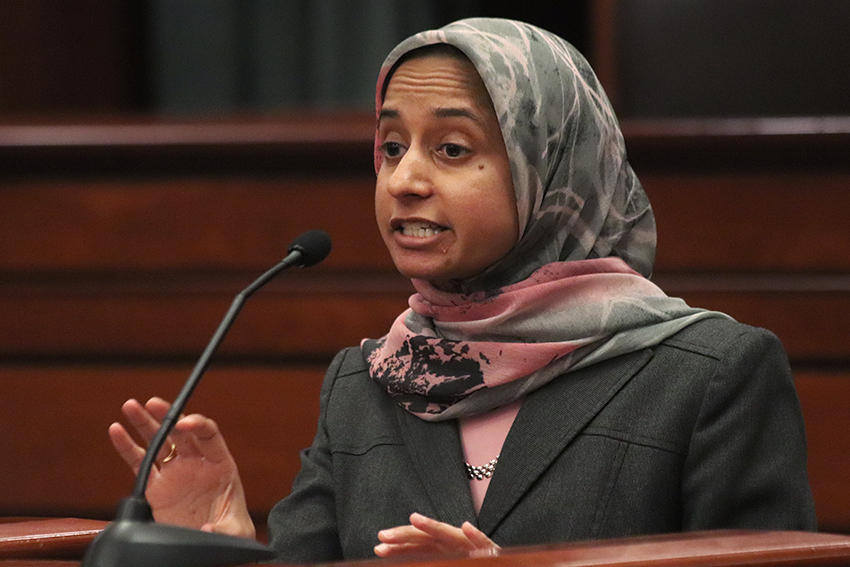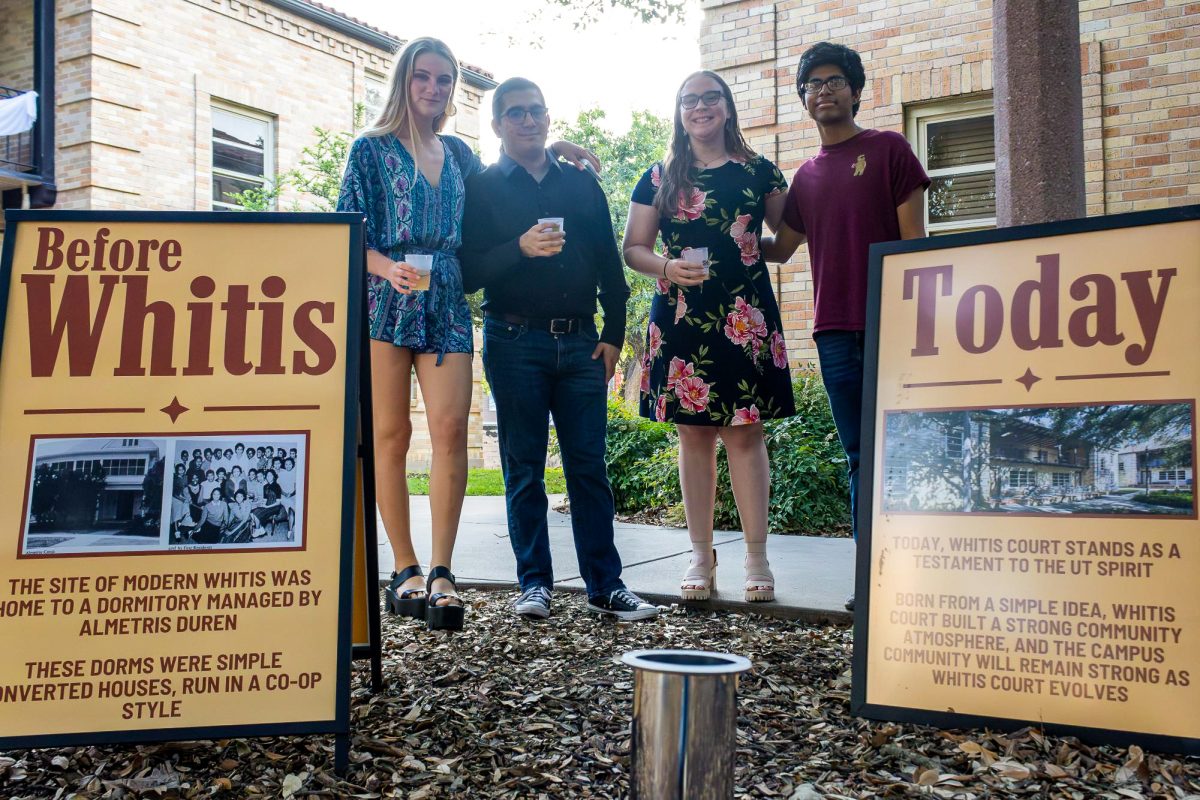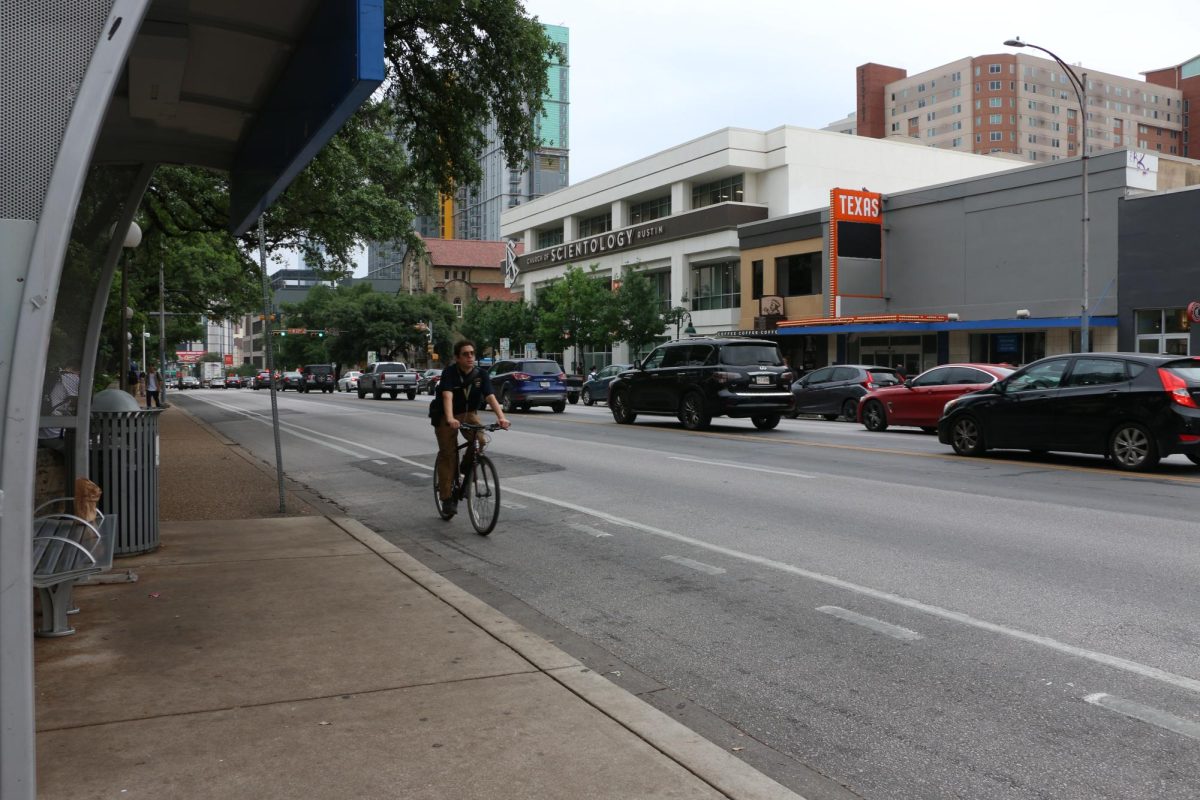The resurgence of white nationalism and acts of political violence are shaping perspectives on international and domestic terrorism, Shirin Sinnar, Stanford Law associate professor, said at a talk on Tuesday.
The Strauss Center for International Security and Law hosted Sinnar as part of their Brumley Speaker Series, where she discussed reformations in politics she said she believes are necessary.
Sinnar began by discussing the case of a potentially falsely-accused Muslim man, Hamid Hayat, who was convicted of participating in terrorist acts in 2006. She said the case represented “anticipatory prosecution,” a phrase coined by Robert Chesney, UT law professor and director of the Strauss Center.
Anticipatory prosecution is a government strategy used for identifying terrorist sympathizers, which sometimes results in sending paid informants to coerce people involved in religious and political advocacy, especially Muslim-Americans, Sinnar said.
“This wasn’t just about some technical or procedural defect of the trial … there was evidence not introduced at trial that could have shown Hamid Hayat never attended a (terrorist) training camp, and the jury may have acquitted him with the benefit of that evidence,” Sinnar said.
Sinnar said the unraveling of this terrorism conviction case highlighted broader issues with how the government has investigated and prosecuted terrorism cases involving Muslim defendants.
Sinnar said the government’s terrorism prosecution strategies are often misguided because they are unfamiliar with and fearful of Muslims. She said there is a divide between strategies for investigating and prosecuting domestic and international terrorism based on identity and ideological differences between racial groups.
“Even when the law draws enough distinction between international and domestic terrorism, law enforcement authorities in practice have treated Muslim threats very differently from other terrorism threats,” Sinnar said. “The outsider status of Muslims, the widespread association of Muslims with terrorists and foreigners in the public imagination, has shaped a punitiveness not applied to white suspects of other ideologies.”
Sadikshya Nepal, global policies graduate student, said she agreed with Sinnar’s message on necessary reforms in terrorism policy.
“(How she) addressed the white nationalist movement and the violence involved with domestic terrorism was very insightful,” Nepal said.
Joe Starsia, second-year law student, said Sinnar’s discussion was interesting.
“She brought to light the extent to which the same mechanisms for what we refer to as counter-terrorism … may hurt the people we are trying to protect,” Starsia said.





















